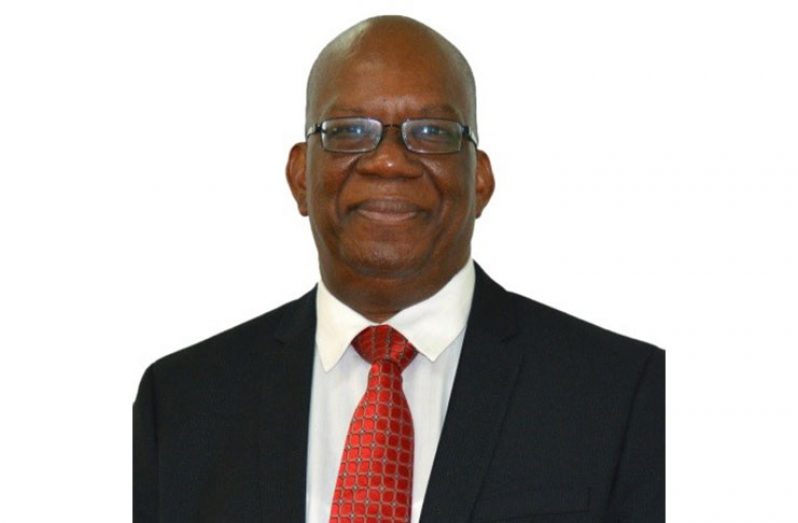…Appeal Court sets aside order granted against Jordan in personal capacity in Dipcon matter
THE Court of Appeal recently set aside an order for Minister of Finance Winston Jordan in his personal capacity, to pay US$2.228M to Trinidad construction company, Dipcon.
Upholding an application filed by Attorney- General and Minister of Legal Affairs Basil Williams, the appellate court ordered that the attorney-general be named in the civil action against the State and functionaries of the State. The decision, which was handed down last week, stemmed from a Statement of Claim filed by Dipcon Engineering Services Ltd against Winston Jordan on February 11, 2019, for damages of in excess of $20M. The claim was made for loss and damage suffered by Dipcon as a result of Jordan’s alleged ‘failure’ to perform his duty under Section 14 of the State Liability and Proceedings Act, Chapter 6:05, and by warrant under his hand to direct payment to the Claimant in the sum of US$2,228,400.67.
In the claim, it was accepted that the Defendant, Winston Jordan, “the Minister of Finance,” was at all material times the Minister of Finance, and was obligated under the provisions of Section 14 of the State Liability and Proceedings Act, 1984 to procure the payment by warrant under his hand.
On June 24, 2019, a default judgment was granted against Jordan, with damages to be assessed. However, on September 30, 2019, the Attorney-General, through the Solicitor General, Deputy Solicitor General and Assistant Solicitor General filed an application under Part 31 (1) (a) of the Civil Procedure Rules to intervene in the proceedings, and an application on Part 12, also, to have the default judgment set aside.
The Attorney-General, who outlined eight grounds for the intervention, was keen on pointing out that the Finance Minister was performing his statutory duties in accordance with the State Liability Act, and ought not to be sued in his private capacity for performing his public function.
It was also put to the appellate court that it was the Attorney-General who should have been named as the proper party in civil actions against the State and functionaries of the State.
The court received written submissions from the parties, and on October 14, 2019, after due deliberations, it found that the Attorney-General’s Application was successful, in that Winston Jordan could not be sued in his personal capacity. As such, the appellate court ordered that Jordan’s name be struck from the Claim, and the default judgment set aside. The Attorney-General will now be properly named, and the matter will proceed.
The case involving Dipcon dates back to 2009. However, the judgment of Justice Rishi Persaud was served after the ‘Coalition Government’ took office in 2015. According to that judgment, the State was required to pay its debt to the company. That judgment was appealed to allow for the State to present its case.
In 2017, the Chief Justice, Roxane George, issued an Order of Mandamus directing the finance minister to pay the debt. The State refused to commence any payment until its case was heard. Its constant refusal attracted an Order of Contempt of Court, however, the Attorney-General had maintained that it was unconstitutional to issue such an order against the Finance Minister, given the provisions made in the State Assets and Proceedings Act.
In July 2019, President David Granger issued a Grant of Respite effectively preventing any arrest or jailing of Jordan. However, by virtue of the powers invested in the President under Article 188(1) (b) of the Constitution, and after consultation with the Attorney-General and Minister of Legal Affairs, he granted to Winston Jordan, in his personal capacity and as the Honourable Minister of Finance and Member of Parliament, a respite of the execution of the punishment imposed on him until all appeals and remedies available to him and the State have been exhausted. Now that the appellate court has ruled, it is expected that the Attorney-General will be properly named and the matter will proceed.












